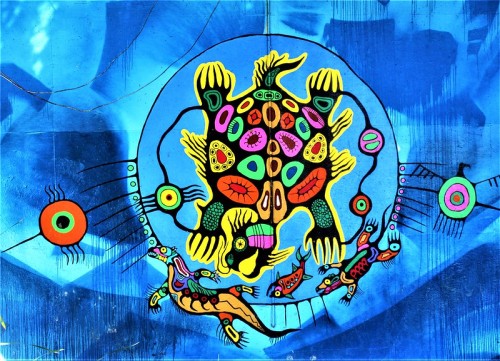Carpool
The streets were eternal back thenback when back seat was a canopy of armsstretched out like the solsticethe thump of tire on chewed cementjolting the deviance from feeble bodiesMomma was no pilot, bu... Read more
She Gets There
It took her fourteen years to get back to a city. It wasn’t a big city, but hey, it had a bus. Refreshing Google Maps every minute, she prays that all her transfers connect. And there’s no street ... Read more
Culture
The first time I saw Apo Tudo, The Ilocano rain deity, I swear, he sent mist to that mountain Outside of Baguio Kissing the Filipino soil with sweet promises and tearful memories My grandmother share... Read more
Doorway Effect / Dadar Station
Indira Gandhi Airport (New Delhi), 19th Oct 2016 The seat belt sign is lit. I stare at the screen, struggling to choose a movie. Baba must be reaching home joining Aai for a cup of chai. ... Read more
The New KW
This poem is meant to be read out loud, with friends, while in transit. Persevere through construction, detours won’t trouble you Let these stories mark our new KW. A KW that connects us with... Read more
|___________|
“Give me some space.” “You’re taking up too much space.” “I need some space right now.” “Let’s give them some space.” “Trust me, it’s not gonna take up that much space.” “I... Read more
Tiles
For Indigenous peoples across Turtle Island, the pandemic deepened pre-existing inequities. The aid that settler-colonial systems offered did not account for (or value) the importance of physical and spiritual spaces for Indigenous communities. Locally, urban Indigenous youth who were just beginning to learn about their culture were suddenly denied access to spaces they needed in order to be in relationship with each other and with the land. Building relationships with the land and with each other in a face-to-face way is an important part of reconnection and healing; removing these connections deeply impacted Indigenous youth and made it necessary to adapt art projects accordingly. To navigate this, Textile supported Pins and Needles Fabric Company, an Indigenous inter-arts company in Waterloo Region, in co-designing an art program with Indigenous youth. Through online talking circles and in-person meetings with appropriate physical distancing, youth considered the following questions: How is Indigeneity (re)claimed or denied during this pandemic? How does physical distancing and self-quarantine impact relationships to the land and to the community? Based on conversations on how youth wanted to express themselves, participants were delivered art-kits containing supplies to make tile art on wood panels to respond to these questions. The following feature shares artwork from two of the seven youth who engaged in this program. Read more
Two Poems
Listen to Nitica read her poems: Textile · Nitica Sakharwade - Aaji / between my fascia hides griefAaji / between my fascia hides grief Textile · Nitica Sakharwade - Did You? a contrapu... Read more

|___________| (Digital Storytelling Workshop)
“Give me some space.” / “You’re taking up too much space.” / “I need some space right now.” ... Read more

